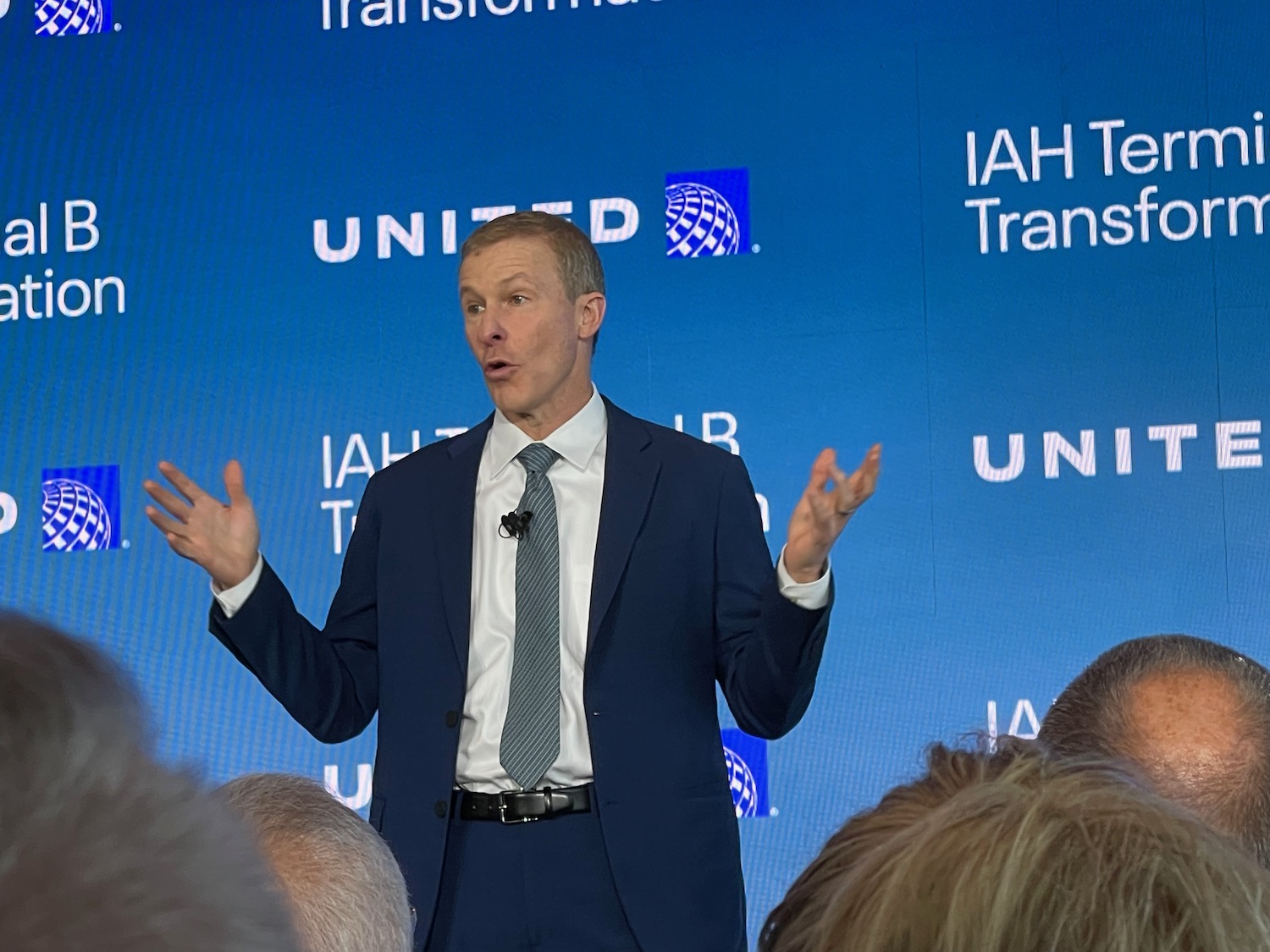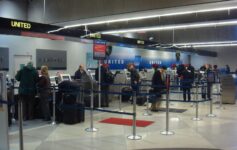
United Airlines CEO Scott Kirby has declared that Spirit Airlines is “already dead,” predicting it will be gone by year’s end. But I don’t think the picture is quite as black-and-white as he paints it, especially when considering the wider budget carrier market in the USA.
United Airlines CEO Declares Spirit Airlines “Already Dead”
In a recent interview with Brian Sumers, Kirby didn’t mince words. “Off the cliff they go,” he said of Spirit. When pressed about Spirit’s efforts at turnaround, his response was blunt: it will fail “because I’m good at math.” He proceeded to say United would enter many of Spirit’s markets soon, not to bully the airline, he claimed, but because he expects Spirit won’t be flying by then. Sumers quotes Kirby saying, “We don’t think they’re going to be flying by then, so we waited until after they would not be flying anymore to add the seats.” And he also warned of a coming battle in Florida, where, should Spirit collapse, “there’s going to be at least three airlines trying to establish a No. 1 position in Fort Lauderdale.”
Kirby’s argument rests on several premises:
- Ultra-low-cost carriers (ULCCs) have lost their cost advantage as fuel, labor, and regulatory burdens rise
- Government-run airports and air traffic control systems are not efficient enough to help budget carriers thrive
- Many consumers now prefer premium features
- Loyalty revenue gives legacy carriers a cushion budget airlines don’t have
These are true pressures, and, yes, many budget carriers are feeling the squeeze, but that’s not the whole story.
Spirit Airlines May Be Struggling, But Don’t Count Out The Budget Airline Model Yet
Thinking about Kirby’s proud declaration of the demise of budget carriers make me think of that famous Mark Twain quote, “The report of my death was an exaggeration.”
As View From The Wing points out, there actually are profitable low-cost carriers in the USA like Sun Country and Allegiant. Frontier, which earns 61% of its revenue beyond the fare itself, is poised to grow with less competition from Spirit.
Kirby believes basic economy is giving legacy airlines the ability to siphon off low-fare traffic, while still charging premium customers full price. But this strategy has not yet been recession-tested. When economic headwinds hit, including fuel spikes, inflation, and high interest rates, we may see people gravitate back to the budget carrier. If we enter a recession (and there are indicators we might already be in one), many may pull back from premium add-ons and return to budget carriers. That’s precisely where airlines like Allegiant and Sun Country show resilience. Breeze has finally reported profitability. Avelo is narrowing its focus to routes and costs where it actually makes money. These are proof points that the ULCC model, when managed tightly, still works.
The problem for Spirit seems less about ultra-low cost per se and more about where andhow it competes. Head-to-head matchups with major carriers at expensive, congested airports are a drain: airport fees alone are a massive slice of total cost. When Spirit tries to compete on such terms, it loses. It is far easier to thrive from smaller, secondary airports, simpler fleets, lean staffing, and strict operational discipline…things that don’t scale when you try to mimic legacy carrier reach (and something we see Ryanair do particularly well in Europe).
There’s no doubt that the global partnerships and route map of legacy carriers drive loyalty manifested in co-branded credit cards and that’s a huge advantage those carriers have over Spirit. While it may be that Spirit loses the game of musical chairs, I’m not convinced that there is no future for the budget model in the USA…I find it more wishful thinking by Kirby.
CONCLUSION
Kirby is right about many of the headwinds facing budget airlines. Costs are up. Big airlines are more aggressive. Loyalty programs matter. The premium travel segment is growing. But to dismiss the entire low-cost model as done seems premature. When you look at Allegiant, Sun Country, Breeze, Avelo, there are pockets of strength. The real wildcard is macroeconomics. If this is a recessionary moment, consumers will remember how to fly cheap. United may be “good at math,” but markets and consumers have memories too. Spirit may be struggling, but ULCCs are far from dead.




Kirby said : “I’m good at math”.
I doubt Kirby is “good at”… : “charitable” math , “fairness” math , or “non-selfish” math , in regards to FA pay .
I’m sure he and his buddies celebrated when Biden blocked the JetBlue Spirit merger as well. Sometimes greed and vanity come back to bite people or companies.
He is spot on
As the expression goes… “karma is a b*tch” …. I think these comments reflect poorly on both his personal character and UA’s corporate culture… Can we please file this with the former AA CEO’s remark about never losing money again ? And yet we have these corporations suspending & firing their lowly staff for their comments … lol
So does this mean the southern hub that United has been missing for decades, will finally be, as I feel like everyone assumed, FLL?
Kirby has really made a habit of making dumb statements of late. It’s gotten so you simply can’t trust anything he says. That’s a bit of a liability for a corporate CEO.
Right on point.
As the saying goes, “be careful what you wish for as it just might come true”.
While the demise of this kind of airline won’t be missed by most of us, many of their passengers will end up on United! Yikes!
Not a good look to be so smug. It doesn’t take much for the flying public to lose trust in an airline. Any thoughts Dr. Dao? Who breaks guitars?
I wonder if there is someone more in love with the sound of his own voice than Kirby. Oh yeah, Trump.